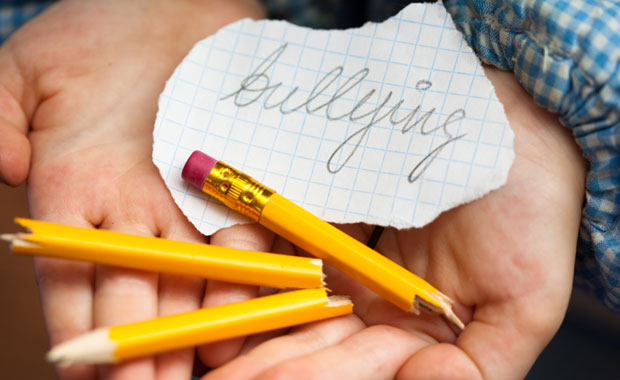
Whether they are the ones being hurt, or the ones being aggressive towards others, children may find talking to adults about bullying difficult. Adult intervention is the key to bullying prevention; parents and educators alike need to be aware of the behaviours and emotional signs that children are being victimized or are using power aggressively. Because bullying is foremost a relationship problem, adults must also look for signs of bullying or victimization within the child's relationships. These signs indicate that children who are being bullied often lack relationships that encourage positive identity, power and independence and children who are bullying often experience power and aggression in their own relationships, or in those close to them.
Emotional & Behavioural Signs of Being Bullied
- Afraid to go to school or other activities
- Appears anxious or fearful
- Low self-esteem and makes negative comments
- Complains of feeling unwell (headaches and stomach aches)
- Lower interest in activities and lower performance at school
- Loses things, needs money, reports being hungry after school
- Injuries, bruising, damaged clothing or articles
- Appears unhappy, irritable
- Trouble sleeping, nightmares
- Threats to hurt themselves or others
- May appear isolated from the peer group
Relationship Signs of Being Bullied
- Parents may be overprotective, restrictive
- Siblings may bully child at home
- Lonely and isolated at school
- Few friends at school or in neighbourhood
- Teachers may be unaware of child's strengths and challenges and therefore unresponsive to needs
- Few opportunities to shine and show talents at home, school or in the community (positive power)
Emotional & Behavioural Signs of Bullying Others
- Aggressive with parents, siblings, pets, and friends
- Low concern for others’ feelings
- Bossy and manipulative behaviour
- Unexplained objects or money
- Secretive about possessions and activities
- Holds a positive view of aggression
- Easily frustrated and quick to anger
- Does not recognize impact of his/her behaviour
Relationship Signs of Bullying Others
- Parents may model use of power and aggression by yelling, hitting or rejecting child
- Parents may model use of power and aggression with each other
- Siblings may bully child at home
- Child has friends who bully and are aggressive
- Child has trouble standing up to peer pressure
- Teachers or coaches may model use of power and aggression by yelling, excluding or rejecting
- Few opportunities to shine and show talents at home, school or in the community (positive power)
